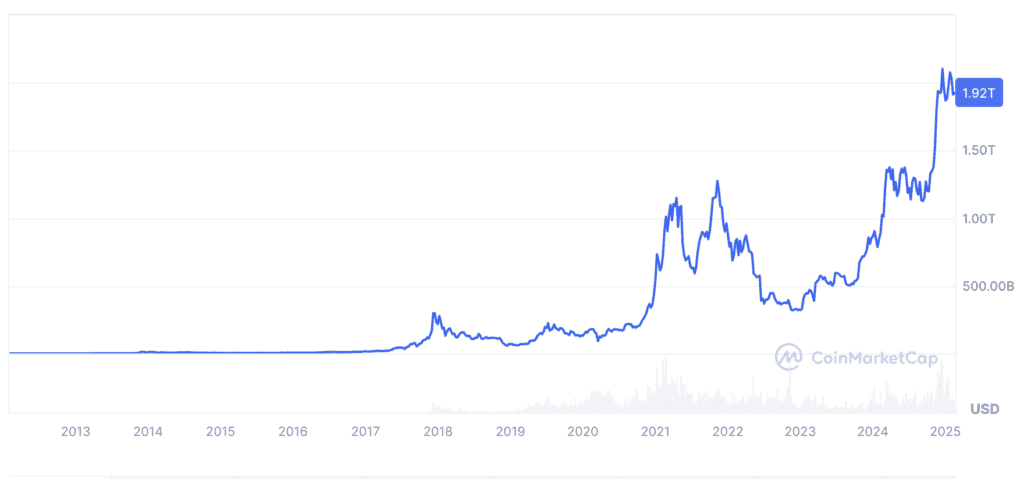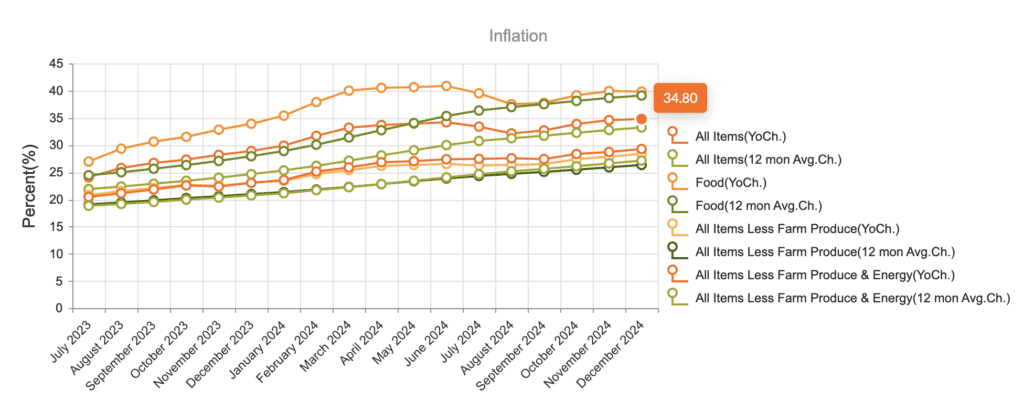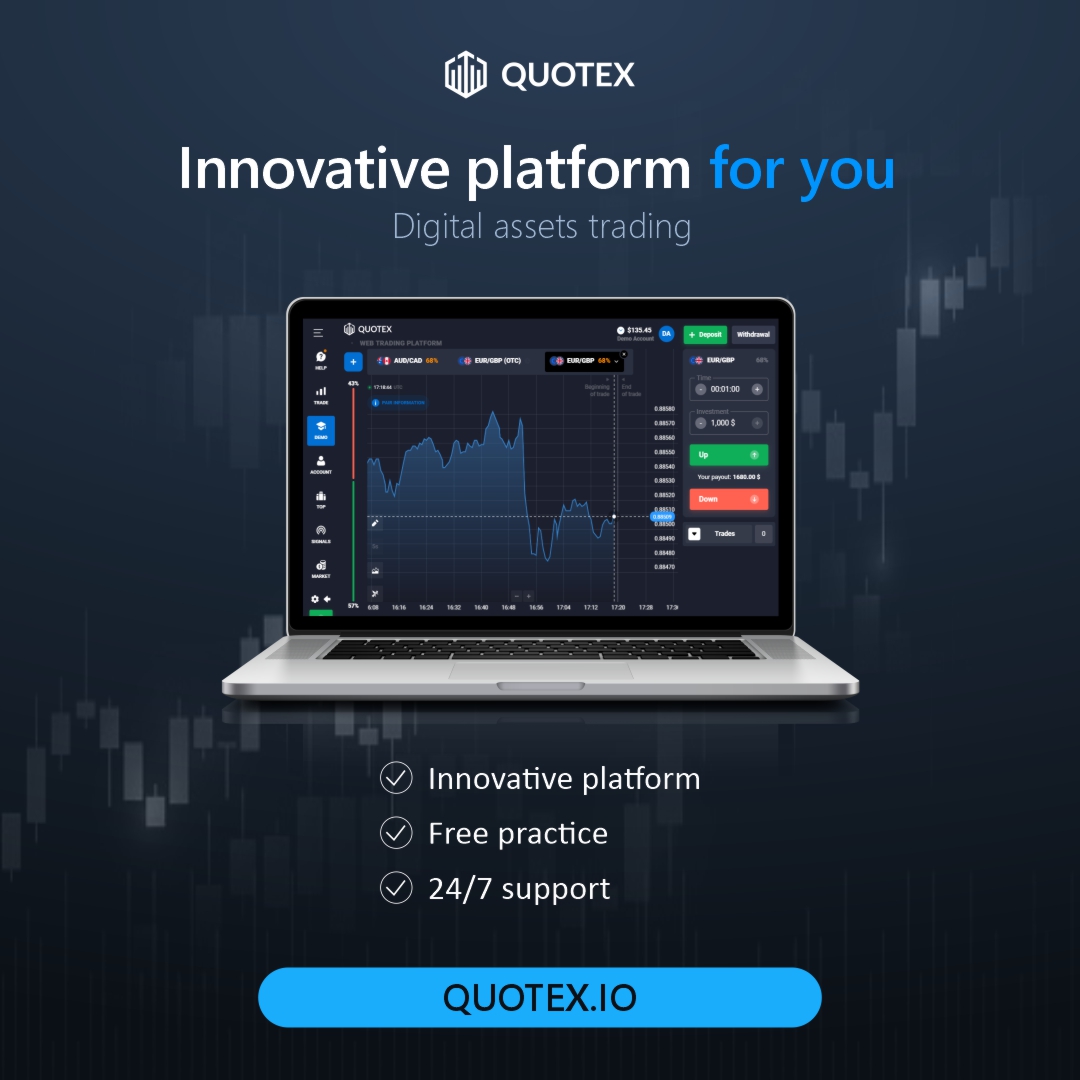Question of the Governor of the Bank of the Reserve of South Africa (SARB), “Why not the reserve of strategic meat?” In the 2025 World Economic Forum in Davos it may have been rhetorical, but the apparently Sarcastic Comment of Letastja Kganyago about the “strategic reserves of Bitcoin” inadvertently stressed the need of Africa to rethink its economic strategies against global financial changes. In a world increasingly defined by digital transformation, the concept of money and value storage is rapidly evolving. Africa is no stranger to economies based on basic products. From the oil to gold, beef and cocoa, the continent has long depended on natural resources for economic support. However, these products are full of challenges. The world prices of basic products are highly susceptible to market fluctuations, geopolitical tensions and climate change. For example, the price of beef can range dramatically due to sprouts of diseases or commercial restrictions, only the way in which the value of the fiduciary currencies is balanced and remains unpredictable when negotiated against digital assets such as bitcoin due to regional financial policies and the devaluation of the currency. According to him Organization of Agriculture and Agriculture (FAO), Meat prices have experienced volatility of up to 30% year after year due to factors such as feet and mouth disease and export prohibitions.
Image source: FAO
Although Brian Armstrong, CEO of Coinbase, answered Kganyago’s question with a convincing argument: Bitcoin is not just a better form of money than gold, it is also more portable, divisible and driven by public services. During the last decade, Bitcoin has surpassed all kinds of important assets, consolidating its position as a higher value reserve. For Africa, a continent often marginalized in the global financial system, a strategic Bitcoin reserve could be the key to unlocking economic independence, promoting innovation and ensuring long -term prosperity. As?
It is time to be objective and realistic in our comparison. Bitcoin exists digitally and does not require physical storage, products such as beef and lamb are perishable and expensive to maintain. The World Bank estimates that the losses after harvest for agricultural products in Africa amount to $ 48 billion annually, highlighting the inefficiencies of reserves based on basic products. While basic products have intrinsic value, their usefulness is restricted to specific industries. Bitcoin, on the other hand, is a global asset without border with applications in finance, technology and beyond, while its unique properties make it an ideal candidate for a strategic reserve asset. With a limited supply of 21 million currencies, Bitcoin is inherently deflationary, unlike fiduciary currencies that can be printed indefinitely or beef with endless reproductive mechanisms. According to Coinmarketcap, Bitcoin market capitalization has grown from less one billion in 2013 to more than 1 billion in 2025, demonstrating its rapid adoption and appreciation of value.

Image source: Coinmarketcap
Why Bitcoin on beef?
Bitcoin can be transferred through borders in minutes and divided into smaller units (satoshis), which makes it more practical than gold or beef. During the last decade, Bitcoin has delivered an average annual performance of more than 200%, exceeding gold, actions and real estate. A study by Fidelity Investments discovered that yields adjusted to Bitcoin risk are higher than traditional assets, making it an attractive option for the preservation of long -term wealth. Worldwide, nations are beginning to recognize Bitcoin’s potential as a reserve asset. El Salvador made history in 2021 adopting Bitcoin as legal tender, while countries like Switzerland and Singapore have integrated Bitcoin into their financial systems. This is 2025 and the bill of “Bitcoins Strategic Reserve” of the United States is already in process. According to a 2023 Chainysis report, Africa is one of the fastest growing cryptocurrency markets, with Nigeria, Kenya and South Africa leading for adoption.
Bitcoin’s deflationary nature makes it an effective coverage against inflation, which has affected many African economies. For example, Nigeria’s inflation rate reached 34.80% in 2024, eroding the value of the naira. A Bitcoin reserve could protect the national richness of such devaluation. By assigning only 1% of its bitcoin reserves, Africa could unlock billions of value. For example, if combined foreign reserves of the continent of 500 billion included 5 billion in Bitcoin, a 10X appreciation in the Bitcoin value would generate $ 50 billion in yields. Unlike beef production, which contributes to deforestation and greenhouse gas emissions, bitcoin mining can be fed by renewable energy. According to the Cambridge Bitcoin Electricity Consumption Index, 58.5% of Bitcoins Global Mining works with renewable energy from 2021. The vast solar and hydroelectric potential in Africa makes it an ideal location for Bitcoin sustainable mining operations. Storing and managing Bitcoin reserves is much more profitable than maintaining basic products reserves. There are no storage costs, or risk of deterioration and there is no need for complex logistics.

Image source: Central Bank of Nigeria.
The adoption of El Salvador de Bitcoin as a legal tender provides valuable information for Africa. Despite initial skepticism, Bitcoin has promoted foreign tourism and investment in El Salvador. According to the Central Bank of the El Salvador Reserve, tourism income increased by 30% in the first year after the adoption of Bitcoin. More than 70% of Salvadorans previously lacked access to banking services. Bitcoin has allowed millions to participate in the global economy. By reducing the dependence of the US dollar, El Salvador has taken a bold step towards financial independence. Many African nations depend largely on the US dollar for trade and reserves, leaving them vulnerable to external economic policies. Bitcoin offers a decentralized alternative, reducing the dependence of traditional financial systems.
By establishing a strategic Bitcoin reserve, Africa can ensure its economic future, protect its wealth from inflation and position itself as a global leader in the digital economy. The time has come for Africa to go beyond obsolete economic models and adopt the future of money. As Brian Armstrong rightly declared, Bitcoin is not just a better form of money; It is the basis of a new financial paradigm. For Africa, the choice is clear: Bitcoin, not beef, is the way to prosperity. Bitcoin represents a transformative asset class that offers incomparable advantages over traditional products such as beef or lamb.
This is an guest publication of Heritage Falodun. The opinions expressed are completely yours and do not necessarily reflect those of BTC INC or Bitcoin magazine.




